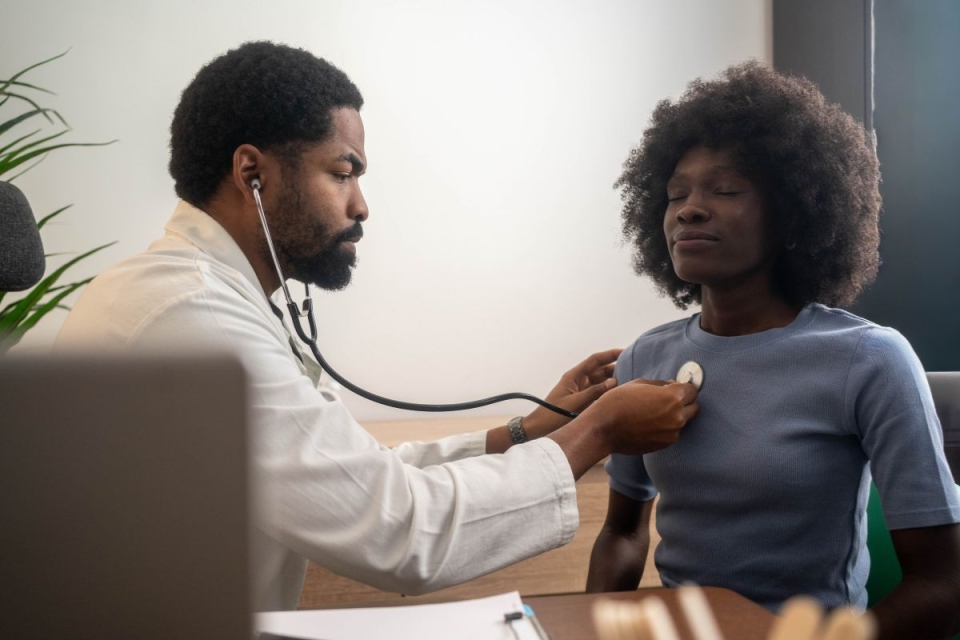Your lungs keep you moving, breathing and living life to the fullest, but lung cancer can grow quietly, sometimes without obvious symptoms. Paying attention to changes in your breathing and getting screened early gives you the best chance to protect your health and take control.
Even if you don’t have the usual risk factors, like a long history of smoking or a family history of lung cancer, small changes in your breathing or other unusual symptoms are worth checking. Early scans can catch small nodules before they become serious, giving you more options and peace of mind.
Chirag Patel, MD, a thoracic surgeon at HonorHealth, stresses the importance of early detection and modern surgery. “Catching lung cancer early gives patients the best chance for successful treatment. Robotic surgery lets us remove tumors carefully with less impact on the patient,” says Dr. Patel.
Keeping an eye on it
After surgery, regular check-ups are important to watch for any signs of cancer returning. Early detection and minimally invasive surgery can lead to better results, fewer complications and peace of mind.
Take charge of your lung health
- Watch for small changes in your breathing or lung function
- Talk to your doctor about screenings even if you don’t have high-risk factors
- Ask about minimally invasive procedures if a nodule is found
Being proactive about your lung health gives you the best chance for successful treatment and a smooth recovery.
Related articles
Smoke of any kind raises your lung cancer risk
Lung cancer causes more than 135,000 deaths annually in the U.S. What’s the best way to prevent this deadly cancer? Don’t smoke, and if you do, quit.
Targeted cancer therapy helps lung cancer patient
HonorHealth Cancer Care patient Jason W. underwent a new therapy to target his unique cancer. Five years later, he’s beaten all odds.
Leading-edge cancer care
HonorHealth Cancer Care gives you access to clinical teams with expertise in nearly all types of adult cancers with locations across the Valley.

